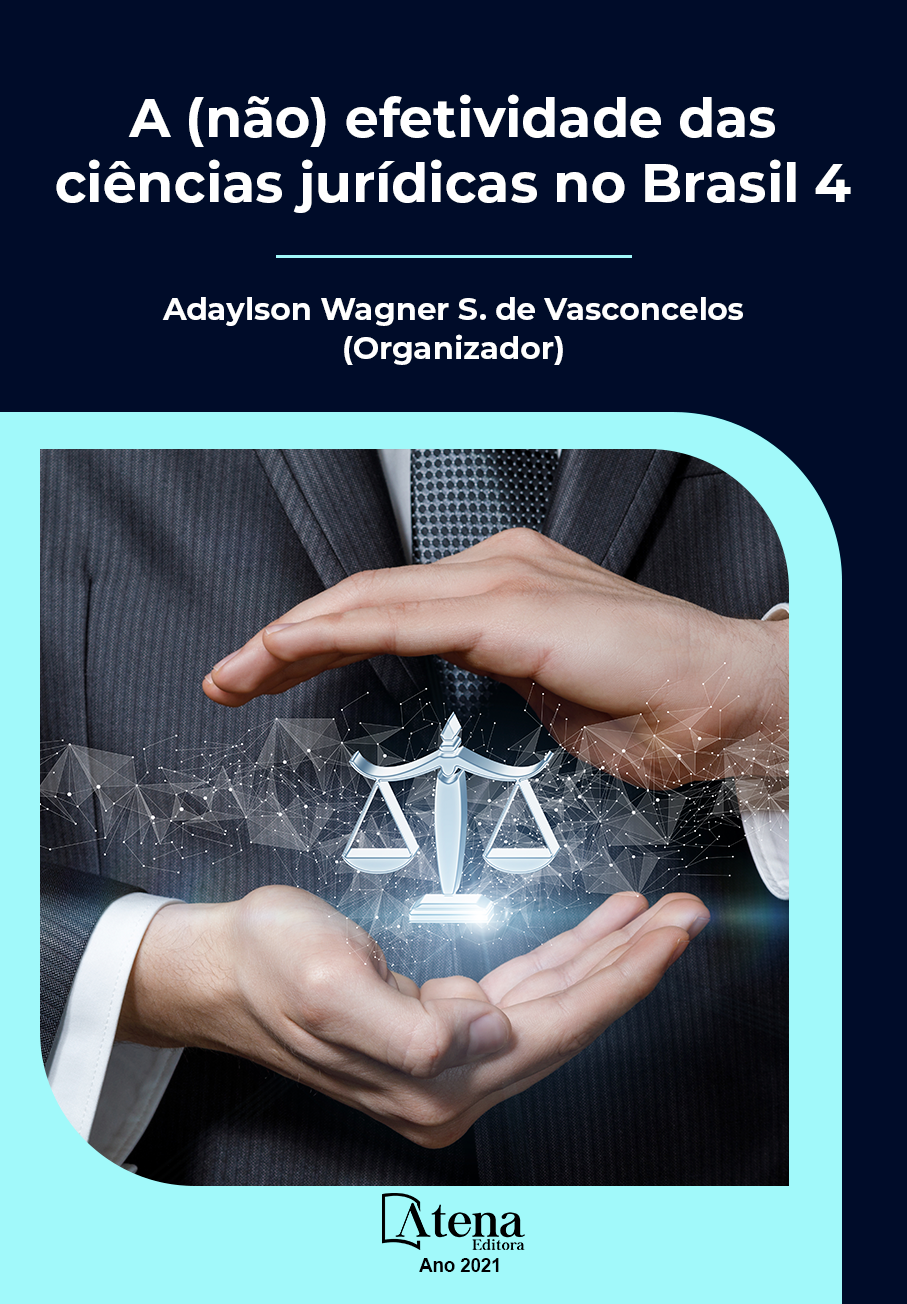
O PODER INVESTIGATÓRIO DO MINISTÉRIO PÚBLICO NO INQUÉRITO POLICIAL
Com suas características bem definidas, o inquérito policial forma a base para o início da ação penal, por intermédio da colheita de diferentes tipos de provas. Não obstante, existe uma controvérsia jurisprudencial e doutrinária envolvendo o Ministério Público que, além das funções já definidas em lei, entre elas, a de fiscalização da atividade policial, poderá também atuar diretamente na investigação criminal. Esta possibilidade não está expressa na norma, no entanto, diversas decisões jurisprudenciais admitem tal capacidade. Alguns doutrinadores têm posicionamento contrário e outros a favor, com suas respectivas fundamentações. Este artigo de revisão normativa, jurisprudencial e hermenêutica tem como objetivo demonstrar quais os limites da atuação do Ministério Público na investigação criminal, haja vista a considerável relevância do tema, que deve ser pacificado na suprema corte, pois provas obtidas através da investigação do Ministério Público podem levar à nulidade de todo processo, condenando um inocente ou até mesmo, absolvendo um culpado, causando além da sensação de impunidade, uma grave insegurança jurídica entre os operadores do Direito e de toda sociedade. Conclui-se, com resultado de toda pesquisa elaborada, ser inviável que o Ministério Público assuma a investigação criminal, substituindo a polícia judiciária, pois se assim ocorrer, estará ausente a imparcialidade, uma vez que o Ministério Público é acusador por excelência.
O PODER INVESTIGATÓRIO DO MINISTÉRIO PÚBLICO NO INQUÉRITO POLICIAL
-
DOI: 10.22533/at.ed.2172105074
-
Palavras-chave: Ministério Público. Investigação Criminal. Inquérito Policial.
-
Keywords: Keywords: Public ministry. Criminal Investigation. Police Inquiry
-
Abstract:
With its well-defined characteristics, the police investigation forms the basis for the initiation of criminal proceedings, through the collection of different types of evidence. However, there is a jurisprudential and doctrinal controversy involving the Public Ministry that, in addition to the functions already defined by law, among them, the inspection of police activity, may also act directly in the criminal investigation. This possibility is not expressed in the rule, however, several jurisprudential decisions admit this ability. Some indoctrinators have the opposite position and others in favor, with their respective reasons. This article of normative, jurisprudential and hermeneutic revision aims to demonstrate the limits of the Public Prosecutor's role in criminal investigation, given the considerable relevance of the topic, which must be pacified in the supreme court, as evidence obtained through the investigation of the Public Prosecutor's Office they can lead to the nullity of the whole process, condemning an innocent person or even absolving a guilty person, causing, besides the feeling of impunity, a serious juridical insecurity among the operators of the Law and of the whole society. It is concluded, as a result of all the research carried out, that it is not feasible for the Public Ministry to undertake the criminal investigation, replacing the judicial police, as if this happens, impartiality will be absent, since the Public Ministry is the accuser par excellence.
-
Número de páginas: 14
- Ademir Gasques Sanches
- Mirella Cristina Pitaro Gomes


